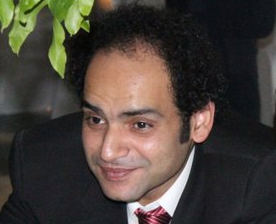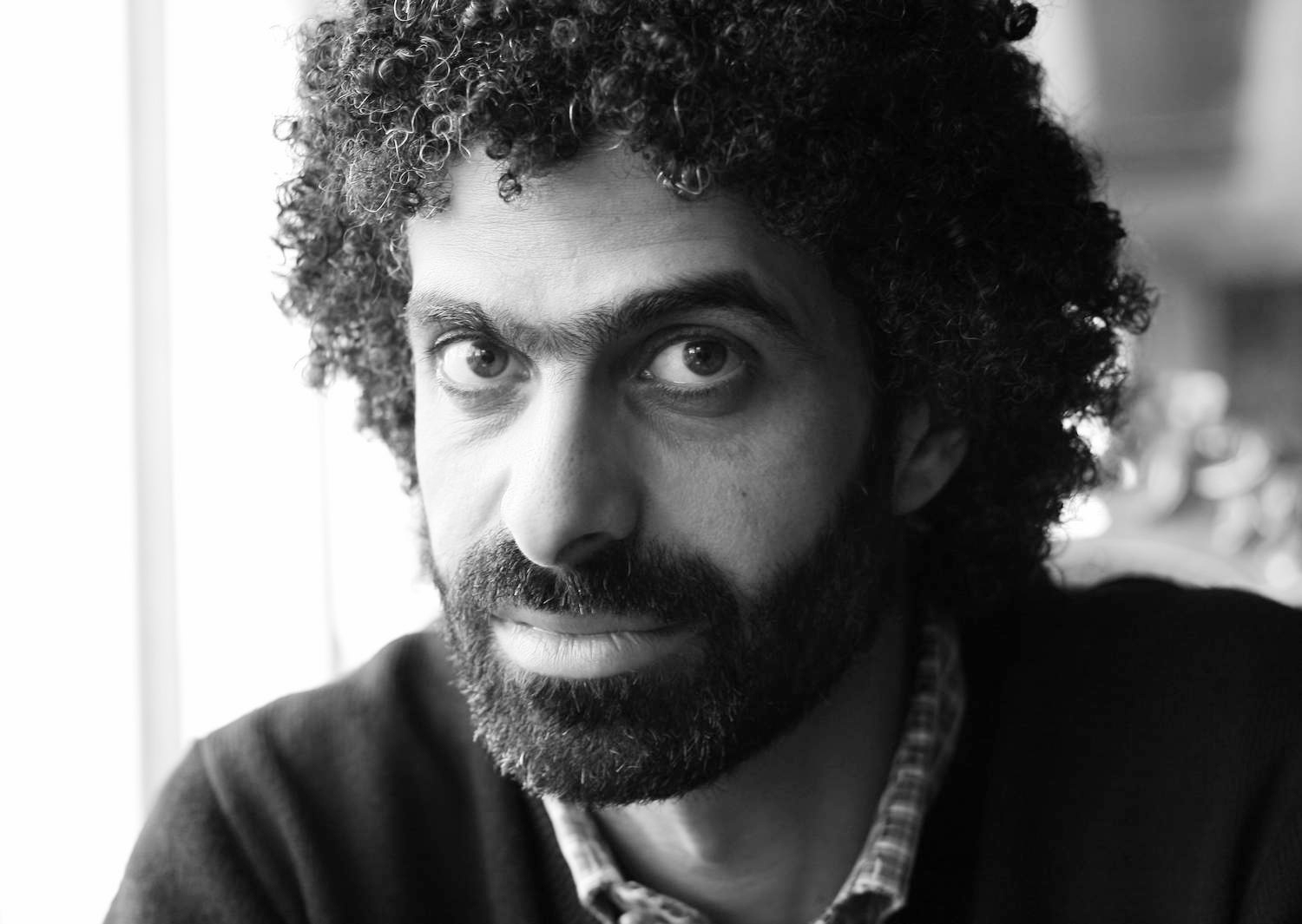
Congratulations everyone, the Muslim Brotherhood is back, this time bigger and better, reaching further and deeper into everything. This absurd statement is unfortunately the overall meaning of the chain of events starting with the Cabinet reshuffle and ending last night with the arrest of Ahmad Maher.
First of all, the issue is not one of individuals. We just happen to know Mona, Alaa and Maher; but the three of them would tell you there are thousands who’ve seen worse and have not even been heard. The aggression and violence against individuals is nothing new. Second, the issue is neither one of merely a bad choice of government. The real issue is the presence of organised attempts to take over state institutions, consolidate the presence of the Brotherhood in specific sectors, form a Brotherhood entourage in sectors where the Brotherhood has no powerful presence, and use the state apparatus, whether executive or judicial, to corner the Brotherhood’s opposition. Ahmad Maher is one ring in a long power-hungry chain of Muslim Brotherhood governance.
The overall meaning of this past week is a definite blow to all hopes of democratic governance by the Muslim Brotherhood. The concept of national interest itself is not present within Muslim Brotherhood actions and proposed laws.
Starting with the Cabinet reshuffle, the President and the Brotherhood restated their apathy towards all other voices. The unexplained insistence on Qandil as Prime Minister despite his repeated failure demonstrates that the Brotherhood is not looking for an efficient Prime Minister; they’re looking for a docile one.
And as a result, Qandil and some of his ministers survived, including the very unique minister of information. Meanwhile, all economy-related ministries are under Brotherhood control, like investment and international cooperation. At the same time, new Muslim Brotherhood sympathisers or entourage members started to appear in places where the Muslim Brotherhood does not have a direct presence, mainly the judiciary and culture. The new minister of justice, after all, is one of the engineers of the electoral procedure that unjustly and manipulatively brought the Muslim Brotherhood to where they are today. On the other hand, the new minister of culture was a regular writer in the Freedom and Justice newspaper. The model currently implemented by President Morsi closely resembles models implemented by Mubarak with the Nazif government.
While trying to further consolidate their presence in the executive and the judiciary, the Muslim Brotherhood starts to use the apparatus of the state to arrest political activists for reasons that they claim to be legal, but are in fact political. Strange accusations void of content against Mona Seif, Alaa Abdel Fattah and Ahmad Maher started to appear. There is an attempt to lower the ceiling of political activism and narrow down the present political opportunities by the Muslim Brotherhood. The main tool used in this process is political activists’ unlawful arrest.
If you put executive control next to entourage in the judiciary next to activist arrest next to the draft judicial authority law proposed in the Shura Council, the final result would be a ruling regime that does the best it can to stay in power and to monopolise it. A regime that turned its back on its promises, like the Muslim Brotherhood did, cannot be trusted to carry out a transparent democratisation procedure. What we’re witnessing now are very early signs of the collapse of the Muslim Brotherhood pseudo-democracy.
Therefore, what is really at risk is democracy, the overall meaning of our revolution, and the dignity of each and every memory. If we remain silent and allow the Brotherhood to impose its corrupt autocratic regime on us, all the revolution’s values and principles will be meaningless. Those who think that they can rule Egypt with a fake corrupt democracy must be stopped.
P.S. Hats off to the Free Egyptians Party, finally a promising political party.


